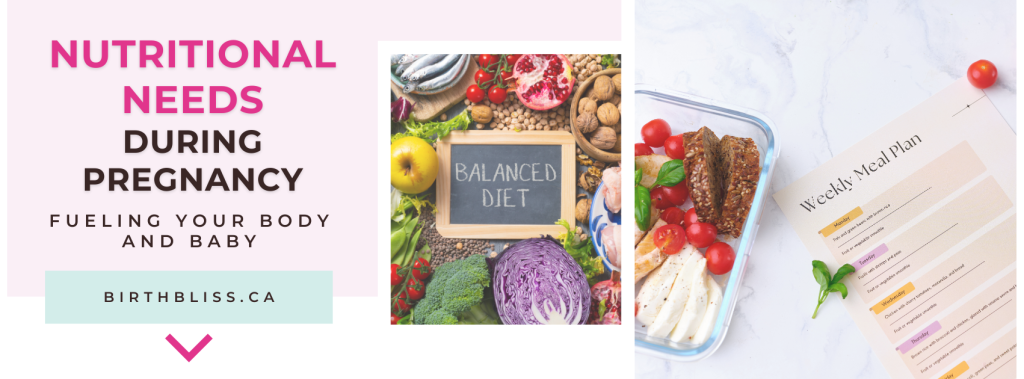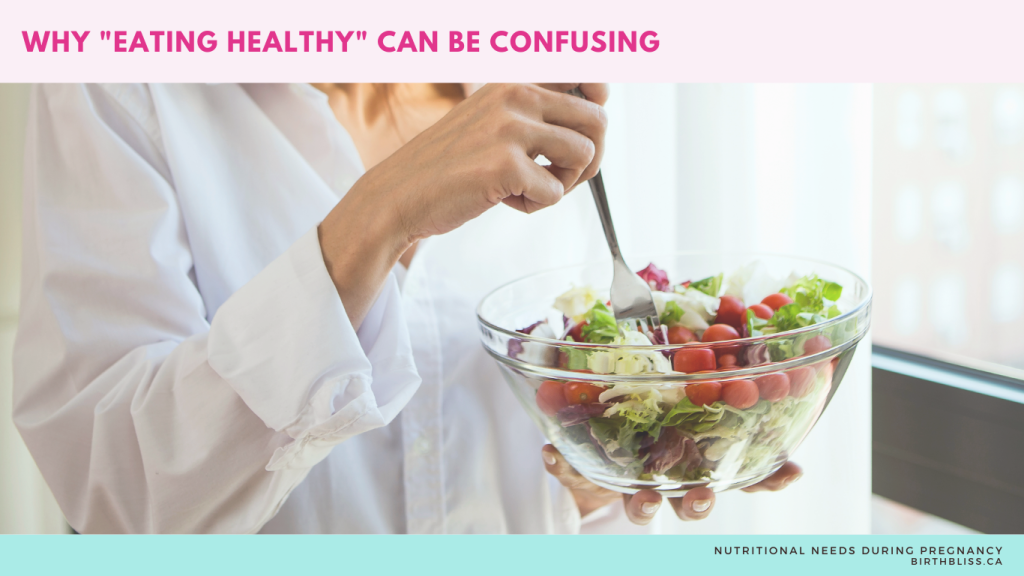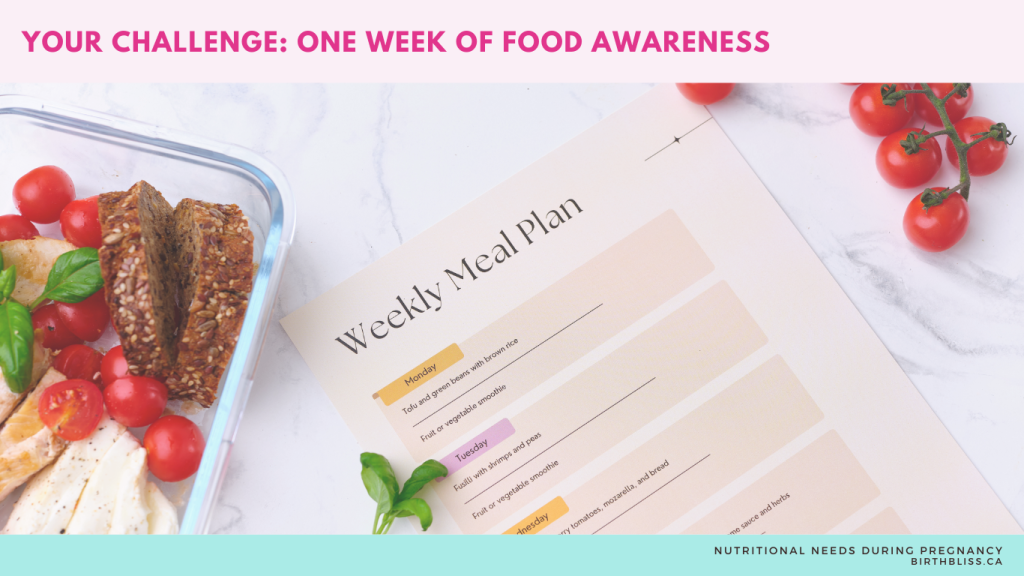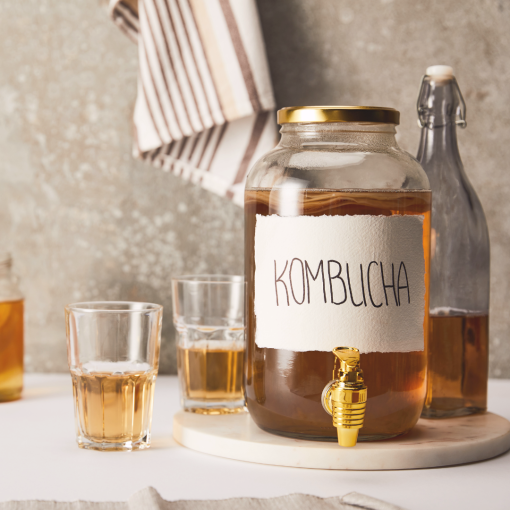Fueling Your Body and Baby

When you find out you’re pregnant, one of the first things you might hear is, “Just take a prenatal, eat healthy, and avoid alcohol.” Sounds simple, right? But, if you’ve ever wondered if that’s truly enough, you’re not alone.
Many doctors don’t spend much time on prenatal nutrition during their training, so it’s no surprise that we don’t get the specific guidance we need. However, recent research has shed light on the types of foods that can reduce pregnancy complications like preeclampsia and gestational diabetes. Yet, this valuable info hasn’t quite made its way into mainstream recommendations—until now!
Why “Eating Healthy” Can Be Confusing

You’ve probably heard it a million times: “Eat healthy.” But what does that even mean? There are so many conflicting opinions about what’s good for you—eggs or no eggs? Butter or margarine? Whole grains or no grains? It’s enough to leave anyone confused!
Here’s the reality: most of the food available today is ultra-processed—designed to make you overeat and stripped of the essential nutrients your body craves. Studies show that over 60% of our daily calories come from ultra-processed foods. While they might taste good, they don’t nourish your body the way whole foods do.
A 2021 study by the National Institutes of Health (NIH) showed something amazing: when participants switched from ultra-processed food to whole, unprocessed food for just two weeks, they ate 500 fewer calories per day—without even trying! And get this—they felt fuller and more satisfied. Their bodies were finally getting the nutrients they needed.
This study demonstrates something simple yet powerful: Whole foods—foods that are close to their natural form—are more nutrient-dense and keep you full longer. When you’re pregnant, every bite matters, because both you and your baby are building bodies from the food you eat.
Whole Foods: The Better Choice
Whole foods are minimally processed and as close to nature as possible. For example, full-fat milk from grass-fed cows is far more nutritious than low-fat milk from cows that are confined and fed grains. Fresh vegetables, especially those grown in season, are more nutrient-dense than canned versions. Even simple foods like eggs, which are a true superfood, provide incredible nutrition for you and your growing baby.
The Key Advantage: Nutrient-Dense Foods
When you’re pregnant, you want to focus on nutrient-dense foods that fuel your body for the incredible growth and development taking place. Your body and your baby’s body are literally built from food, so it’s important to provide the right building blocks.
Your Challenge: One Week of Food Awareness

Here’s a simple but powerful challenge: Track everything you eat for one week. Don’t count calories or macros, just note how much of your food is real and unprocessed versus ultra-processed. There’s no judgment—just awareness.
If you can shift even 80% of your diet toward whole foods, you’ll be giving your body—and your baby—the best possible foundation for health. Ready to get started?
Let’s set the stage for a healthy pregnancy with the right foods. Check these pregnancy superfoods to add to your diet!
https://youtu.be/ujuSjmpxTdg?si=ScjfyzIQdnY1fMno
✨Exclusive Deals:
- Grab Mellow Mornings for Pregnancy for a calm start to your day filled with baby love 💖 https://get.birthbliss.ca/mellow-mornings/
- Get relief from pregnancy nausea! 🤢 → 😌 Discover the Bye–Bye Morning Sickness Formula: https://get.birthbliss.ca/bye-byemorningsickness/
- Find Connection Inside BLOOMFUL. 🌸 Join a community of expecting moms just like you, exploring holistic tools for a better pregnancy. https://get.birthbliss.ca/bloomful/
- Grab the Guide to an Easier Birth 🌟: https://get.birthbliss.ca/bb/
- Join our FREE → ❤️ LOVE Your Birth Workshop: You’ll learn 3 steps to ease pain during labor (without an epidural): https://get.birthbliss.ca/training/




